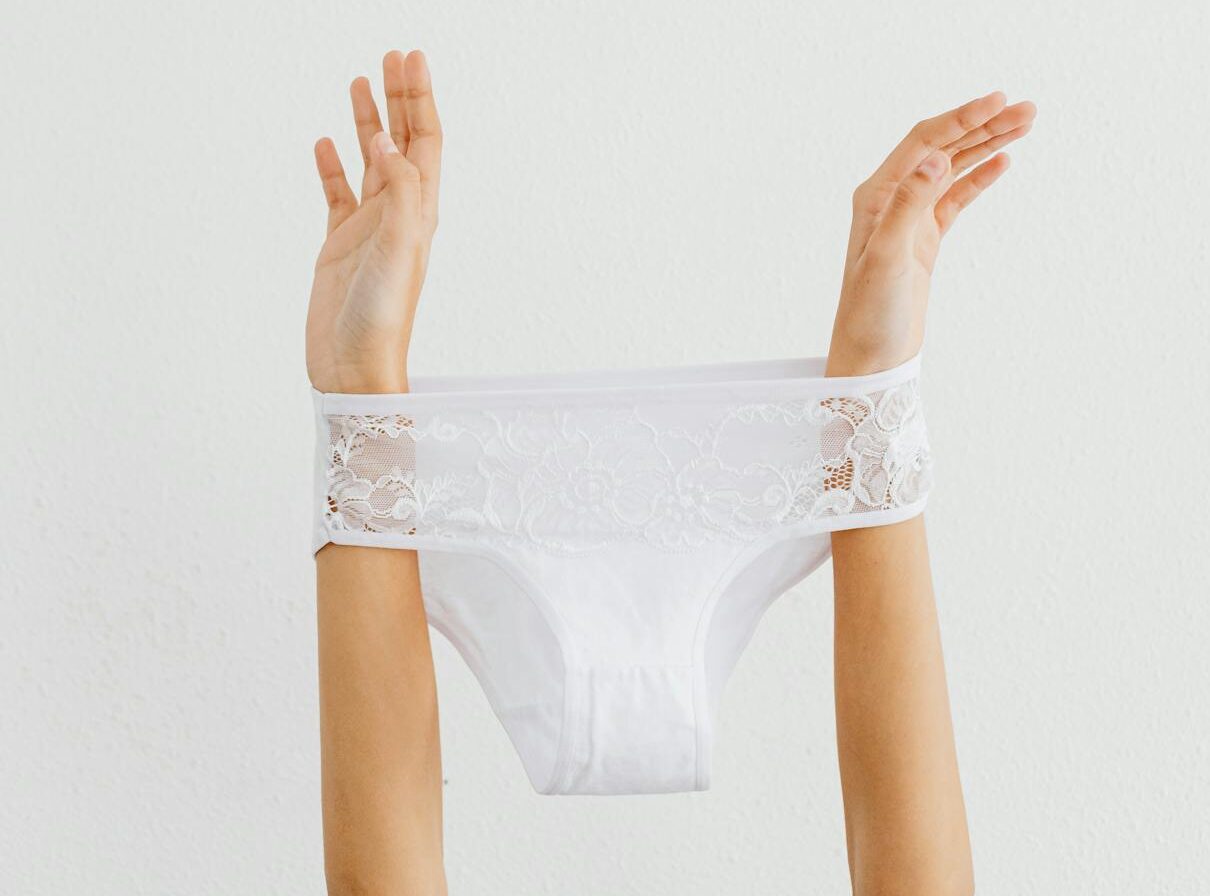Experiencing itching in the vulva can be uncomfortable, distressing, and sometimes even embarrassing to talk about. But it’s actually a very common symptom with a wide range of possible causes — many of which are treatable. Understanding what might be behind your symptoms is the first step toward relief.
Below, we’ll cover the most common causes of vulvar itching, what signs to watch for, and when it’s time to seek medical help.
🔍 What Is the Vulva?
The vulva is the external part of the female genitalia. It includes the labia majora, labia minora, clitoris, and vaginal opening. Itching in this area can result from irritation, infection, allergic reactions, or skin conditions.
Common Causes of Vulvar Itching
1. Yeast Infection (Candidiasis)
- Caused by an overgrowth of Candida fungus
- Symptoms: Intense itching, thick white discharge (often compared to cottage cheese), redness, and swelling
- Often occurs after antibiotics or in warm, moist conditions
2. Bacterial Vaginosis
- Imbalance in vaginal bacteria
- Symptoms: Itching, thin gray or white discharge with a fishy odor
- More common after sex or douching
3. Sexually Transmitted Infections (STIs)
- STIs like herpes, trichomoniasis, chlamydia, and gonorrhea can cause vulvar itching
- May be accompanied by sores, discharge, burning during urination, or pain during sex
4. Contact Dermatitis or Allergic Reactions
- Reaction to soaps, bubble baths, laundry detergents, pads, or scented products
- Itching, redness, and sometimes a rash or swelling
- Often resolves once the irritant is removed
5. Vaginal Dryness
- Often linked to menopause or low estrogen
- Can cause itching, burning, or irritation, especially during or after sex
6. Lichen Sclerosus or Lichen Planus
- Chronic skin conditions affecting the vulva
- Symptoms include intense itching, thin or white patches of skin, pain, or tearing
- Requires medical diagnosis and treatment
7. Pubic Lice or Scabies
- Parasitic infestations causing severe itching, especially at night
- Often accompanied by visible lice or tiny red bumps
8. Poor Hygiene or Excessive Washing
- Over-cleansing or using harsh products can disrupt the natural balance of the vulva and vagina
- This may lead to dryness, irritation, and itching
⏰ When to See a Doctor
Seek medical attention if:
- The itching persists for more than a few days
- You have unusual discharge, sores, blisters, or a foul odor
- There is swelling, pain, or bleeding
- Over-the-counter treatments do not provide relief
🩺 Final Thoughts
Vulvar itching is something many women will experience at some point in their lives. While it can be caused by something as simple as an allergy or irritation, it can also be a symptom of an infection or medical condition. Don’t ignore persistent symptoms — especially if they’re accompanied by pain, discharge, or changes in the skin.

